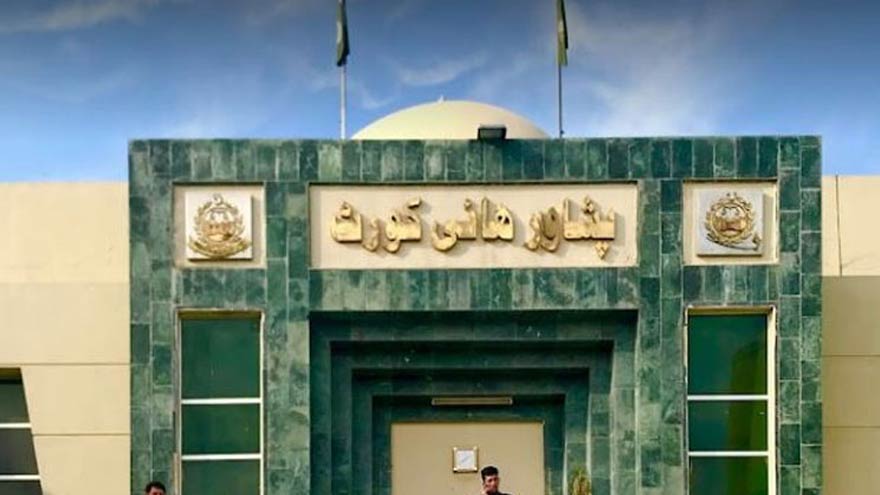In a significant legal development the Peshawar High Court has ordered a temporary halt to the swearing in of two women members elect of the Khyber Pakhtunkhwa Assembly following a petition challenging the legality of their election on reserved seats for women
The courts decision which came on Tuesday has sparked fresh debate about the allocation of reserved seats in the provincial assembly as well as concerns regarding electoral transparency and procedural fairness in Pakistans political system
Court Issues Stay Order
A two member bench of the Peshawar High Court issued the stay order after hearing initial arguments in a petition filed by a political party challenging the notification of the two women MPAs elect The petition claimed that the allocation of reserved seats for women was conducted in violation of constitutional provisions and electoral laws
According to the petitioners the seats were allotted to the women in question without following due procedure and the Election Commission of Pakistan allegedly ignored proper guidelines while issuing the notification The petitioners argued that their party was entitled to one of the reserved seats based on proportional representation but was unfairly denied
The court after reviewing the petition and hearing preliminary arguments decided to temporarily halt the oath taking process It also issued notices to the Election Commission of Pakistan the women MPAs elect and the relevant political parties seeking their responses before the next hearing scheduled for later this month
Also read:Trump Harshly Criticizes Putin Hints at Tougher Sanctions on Russia
Background of the Case
Reserved seats for women and minorities in Pakistans assemblies are allocated to political parties based on the number of general seats won by each party in the election Political parties submit priority lists of candidates for these seats before the elections and seats are then distributed according to the proportion of general seats won
In this case the petitioners alleged that the allocation of the reserved seats in question did not follow the appropriate formula leading to what they called an unconstitutional overrepresentation of certain parties
The two women MPAs elect whose oath taking has been halted were nominated by their parties based on the Election Commissions post election calculations However their appointments are now under judicial scrutiny as the court examines whether the correct legal procedure was followed
Political Fallout
The courts decision has sparked political controversy in Khyber Pakhtunkhwa Leaders of the affected political parties have accused their rivals of using legal tactics to delay the formation of the full assembly while supporters of the petition have praised the court for upholding the law
Some political analysts suggest that the case highlights deeper issues regarding Pakistans electoral framework particularly in how reserved seats are allocated There are concerns that the rules governing reserved seats are susceptible to manipulation leading to frequent disputes and legal challenges
It is critical that the process for reserved seats remains transparent and fair said political analyst Farhan Shah If parties feel that the system is being exploited it undermines the entire electoral process
Election Commission Responds
Following the courts ruling the Election Commission of Pakistan stated that it would submit its official response to the court as required A spokesperson for the commission said that the allocation of seats had been conducted according to the law and in line with the constitutional provisions governing reserved seats
We are confident that the process was lawful the spokesperson said and we will present the necessary documentation to the court to clarify the matter

Next Steps
The case is now set to continue in the coming weeks as the court reviews further arguments and evidence Until then the two women MPAs elect will be unable to take their oath or participate in assembly proceedings
Legal experts suggest that the case could set an important precedent regarding the allocation of reserved seats in future elections and may influence legislative reforms aimed at improving electoral transparency in Pakistan
As the legal battle unfolds political observers are closely watching how this case could affect the political landscape in Khyber Pakhtunkhwa and beyond
